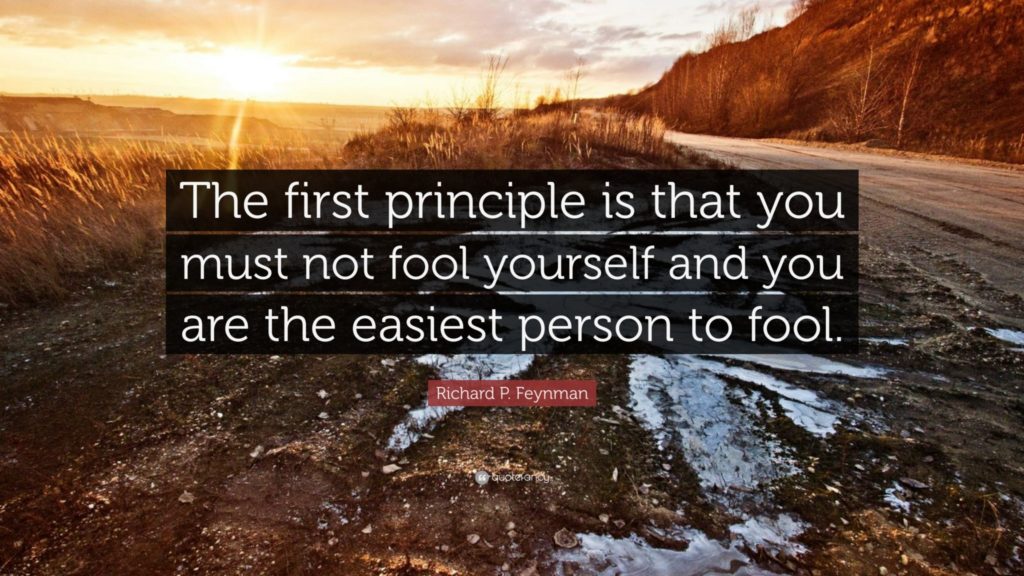The line stretched as far as my 10-year old eyes could see.
I had never seen a line that long for anything–let alone a movie.
It was 1991. My father and I were standing outside on a cold Istanbul afternoon waiting for tickets to see Terminator 2. He had promised to take me to see the hottest new Hollywood action flick, and he wasn’t going to let a two-hour wait get in his way.
Today, if you want to watch Terminator 2, you click a button on your computer.
If you want fresh groceries, Instacart can show up at your door within a few hours.
If you want a date, just swipe right.
If you want pretty much anything in the world, it can arrive at your doorstep in two days or less, courtesy of Amazon Prime.
There’s no doubt that we benefit greatly from the speed of delivery. Although I wistfully look back on that father-and-son moment from twenty-five years ago, freezing my butt off while waiting in line wasn’t as glamorous as I might now make it sound.
But instant gratification comes at a price.
The first is patience.
A quality that’s never been a virtue in my own life, the supply of patience is rapidly dwindling. I can observe it all around me. Having grown accustomed to instant access to TV shows, movies, and dates, we now expect the same immediacy from the rest of our lives.
We demand job satisfaction without paying our dues. “I’m not making an impact so I think I’m going to quit,” is a common refrain, following just a month of work.
We get upset or frustrated when someone doesn’t write back to our emails or texts with the same immediacy that we sent them. I’ve gotten follow-up emails from people within three hours of the initial email (“Did you receive my email from this morning?”). Others write “Sorry for the tardy response” because it took them a full day to get back to me. There’s nothing tardy about a 24-hour response time.
When I hold office hours for my students on the eve of their final exam, I routinely get asked to “quickly review” subjects that took several classes to cover. The assumption is that the professor can binge deliver the intricacies of the Dormant Commerce Clause as if they were episodes of the House of Cards.
We much prefer short blog posts to books. This blog post will be read by more people than the 90,000-word book that took me almost a year to write. Even in blog posts, we scan for bullet points and bolded sentences. “Don’t bother me with the facts,” we lament, “just get to the main point.”
The other cost of instant gratification is joy (there’s that bolded sentence you were looking for!).
Paradoxically, instant gratification can reduce the amount of gratification. The more instantaneous the gratification, the less we value it.
What made waiting in line to watch Terminator 2 so memorable wasn’t the special effects, the storyline, or the cheesy catchphrases Arnold delivered at every scene.
It was the anticipation, the joint experience, the moment of bonding between father and son–all made possible by that long wait.
Studies of vacationers show that anticipation of the vacation is often far more enjoyable than the vacation itself. You’ll get more joy out of putting a vacation on your calendar six months prior and relishing the possibilities as opposed to experiencing the actuality of delayed flights, crushed expectations, and food poisoning.
“Pleasure disappoints,” as Soren Kierkegaard put it, but “possibility never.”
Don’t get me wrong. I’m not about to give up the technologies that deliver stuff to me at lightning speed.
But I will be more conscious about artificially creating more opportunities for delayed gratification. Actions as simple as refusing to binge watch a show, checking your email less frequently, and putting events on your calendar so you can look forward to them can undo some of the damage that instant gratification does in our lives.
Without these artificial limitations, you can say “hasta la vista” to your patience and the joy you derive from everyday activities.



